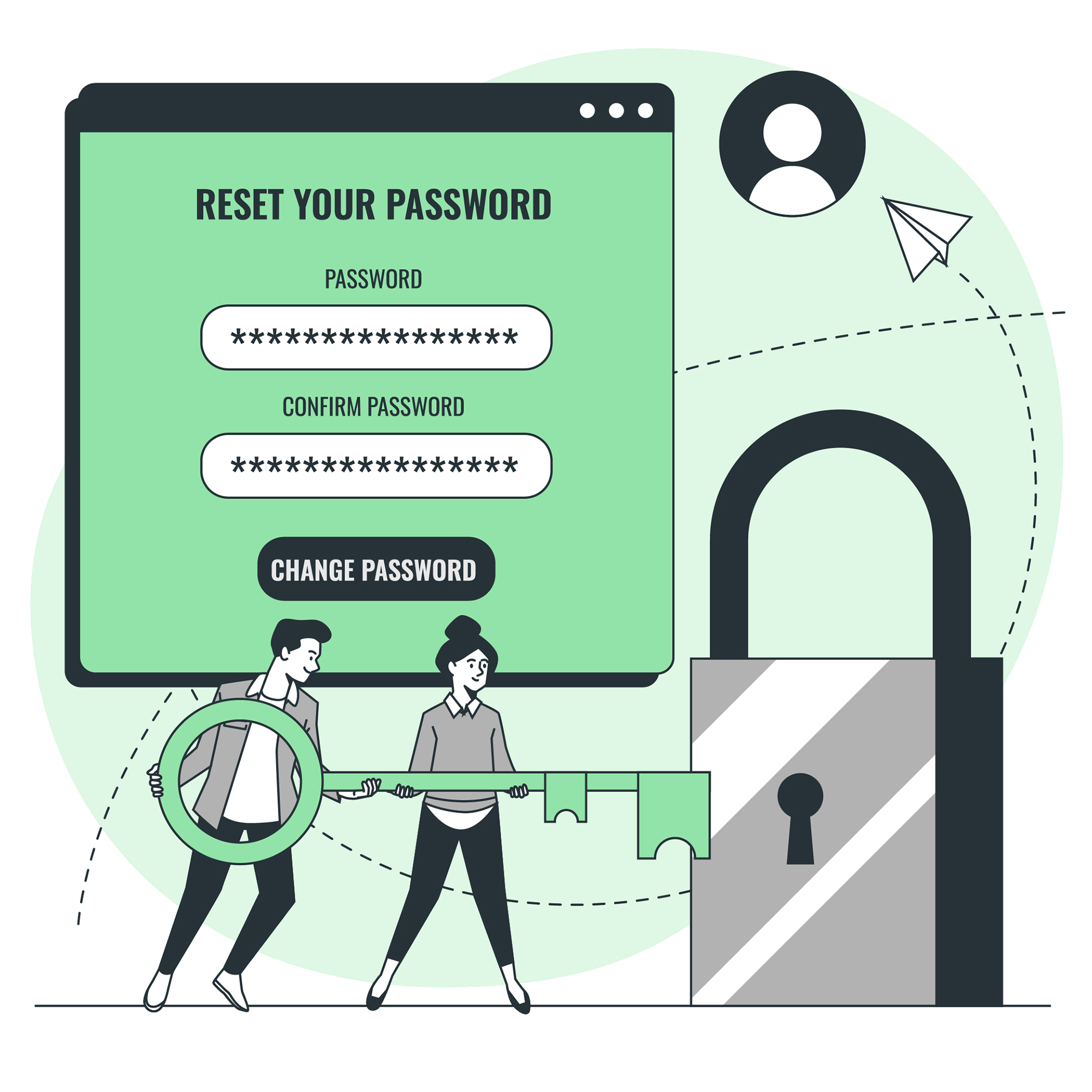How Secure Is My Password?
In today’s world, where everything is online, passwords have become the key to our digital lives. We use them to access our bank accounts, email, social media, and even our home security systems. But with hackers becoming more sophisticated, it’s important to ensure that your password is hacker-proof. In this article, we’ll explore ways to create a strong password that’s easy to remember, how to check if your password has already been hacked, and the importance of using different passwords for different accounts.
The Most Common Password Mistakes You’re Making
One of the biggest mistakes people make is using simple and common passwords like “123456” or “password.” Such passwords are easy to guess and are often the first ones hackers try. Another mistake is using the same password for multiple accounts. If one account is hacked, all the others become vulnerable too. Using personal information like your name, birthdate, or pet’s name is another common mistake. This information can be easily found online, making it easy for hackers to crack your password.
How to Create a Strong Password That’s Easy to Remember
Creating a strong password doesn’t have to be complicated. It should be at least 12 characters long, include uppercase and lowercase letters, numbers, and symbols. You can also use a passphrase, which is a sentence that’s easy to remember but hard to guess. For example, “MyDogIs@GoldenRetriever” is a strong password. Avoid using common phrases like “ToBeOrNotToBe,” which can be easily guessed.
The Importance of Using Different Passwords for Different Accounts
Using different passwords for different accounts can be a hassle, but it’s necessary. If one account is hacked, the others remain secure. You can use a password manager to store and generate unique passwords for each account. This way, you only need to remember one master password.
Two-Factor Authentication: What Is It and Why You Need It
Two-factor authentication (2FA) provides an extra layer of security by requiring a second form of identification, such as a fingerprint or a code sent to your phone. This prevents hackers from accessing your account even if they have your password. You should enable 2FA on all your accounts that offer it.
How to Check if Your Password Has Already Been Hacked
You can check if your password has been hacked by using a password checker tool like HaveIBeenPwned. This website checks if your password has been compromised in any data breaches. If it has, you should change your password immediately.
Password Managers: The Pros and Cons of Using Them
Password managers can make your life easier by storing and generating unique passwords for each account. However, they also pose a risk if the master password is compromised. It’s important to choose a reputable password manager and enable two-factor authentication.
The Risks of Using Public Wi-Fi and How to Stay Safe
Public Wi-Fi is convenient, but it’s also a security risk. Hackers can intercept your data and steal your passwords. To stay safe, avoid using public Wi-Fi for sensitive activities like online banking. If you must use public Wi-Fi, use a virtual private network (VPN) to encrypt your data.
What to Do If You Suspect Your Password Has Been Compromised
If you suspect your password has been compromised, change it immediately. Enable two-factor authentication and check for any suspicious activity on your account. If you notice anything unusual, contact the provider and report the incident.
Summing up Password Security in 2021
In conclusion, passwords are a crucial aspect of our digital lives, and it’s important to ensure they are hacker-proof. By avoiding common password mistakes, creating strong passwords, using different passwords for different accounts, enabling two-factor authentication, using password managers, and staying safe on public Wi-Fi, you can protect your accounts from hackers. Remember, a little effort now can save you a lot of trouble later.




![Crafting Unforgettable Passwords: A Guide for Developers A string of random characters typically has higher entropy compared to a few common words due to the vast number of possible combinations. For example, a 10-character lowercase password has roughly the same entropy as a 4-word passphrase picked from a 5000-word dictionary [5].](https://passwordclinic.com/wp-content/uploads/2024/06/automation-section-3-150x150.webp)





![A string of random characters typically has higher entropy compared to a few common words due to the vast number of possible combinations. For example, a 10-character lowercase password has roughly the same entropy as a 4-word passphrase picked from a 5000-word dictionary [5].](https://passwordclinic.com/wp-content/uploads/2024/06/automation-section-3.webp)

